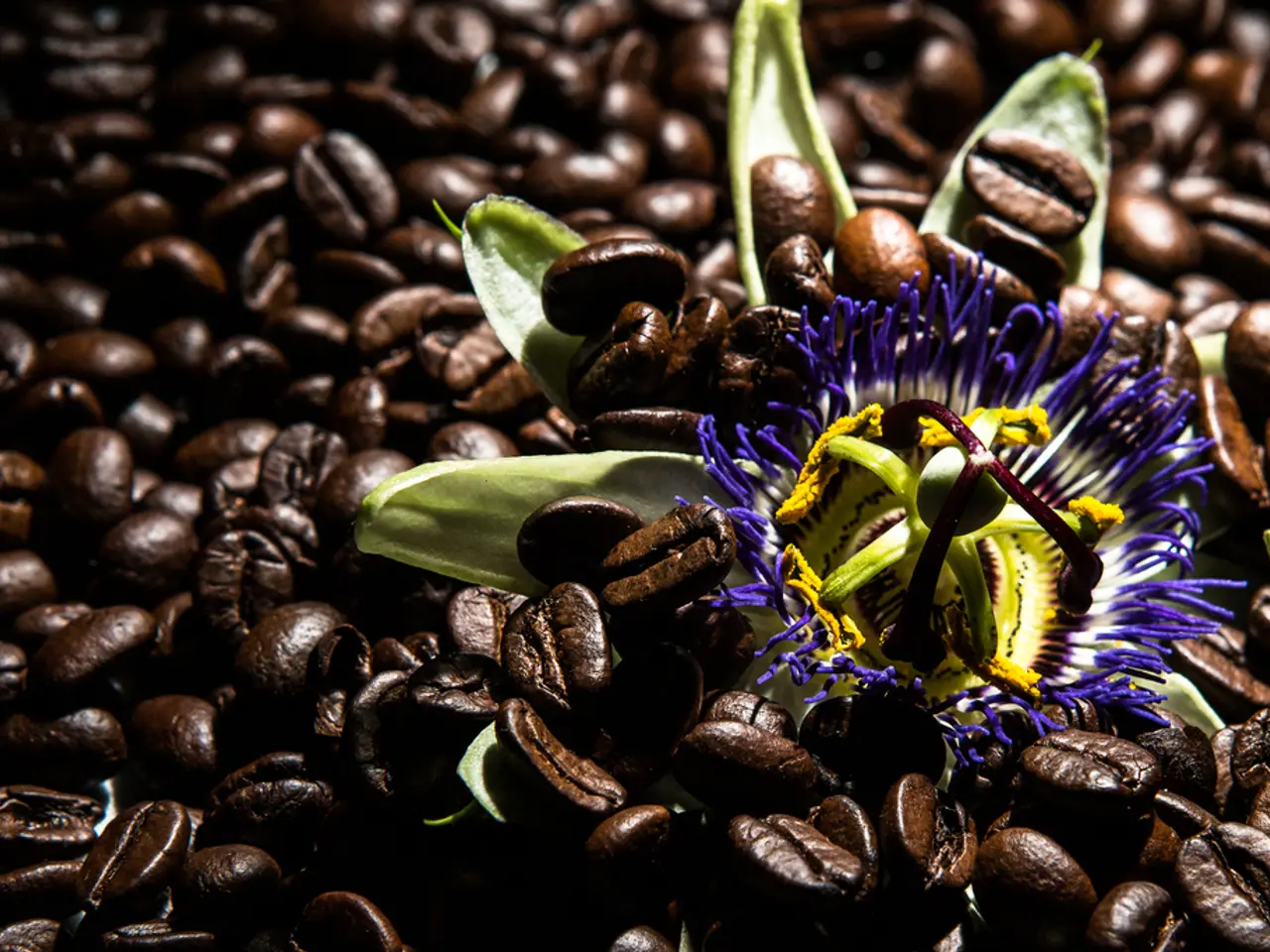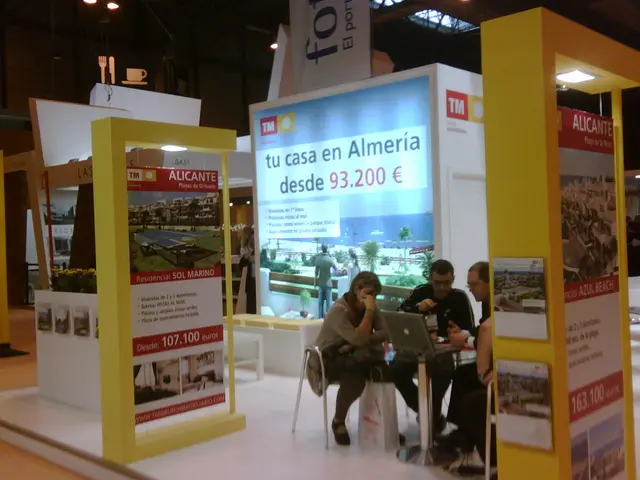United States to Engage in Discussions with WTO Representatives from Brazil Regarding Tariffs
The United States and Brazil are currently embroiled in a trade dispute at the World Trade Organization (WTO) over tariffs imposed by former President Donald Trump. These tariffs, some of the highest as punishment for a perceived "witch hunt" against former Brazilian President Jair Bolsonaro, who is on trial for allegedly plotting a coup, affected more than a third of US-bound exports from Brazil, including coffee, beef, and sugar.
The dispute started in April 2025 when Trump imposed a 10% tariff on all Brazilian products, followed by an additional 40% tariff on certain Brazilian-origin products in July 2025, cumulatively reaching 50% tariffs on many Brazilian goods. The tariff order stated that the Brazilian government's recent policies and actions threatened the US economy, national security, and foreign policy.
Brazil approached the WTO in early August 2025, contending that these tariffs violate WTO rules under the General Agreement on Tariffs and Trade (GATT) 1994 and the WTO Dispute Settlement Understanding (DSU), arguing that the US is improperly using tariffs as a remedy instead of following WTO procedures.
The WTO accepted Brazil's request to enter into consultations following the imposition of tariffs by President Trump. The consultation process aims to seek a negotiated solution before moving into arbitration. However, some of the issues raised by Brazil in the WTO consultations are issues of national security not susceptible to review or capable of resolution by WTO dispute settlement.
The US accepted Brazil's request for consultations but invoked the WTO’s national security exception, contending these tariff measures are not subject to WTO review because they relate to national security concerns.
Brazil's President Lula da Silva has emphasized responding to the US tariffs through multilateral negotiations and WTO dispute resolution mechanisms, rejecting any subordinate treatment or vassalage in trade relations. Parallel to WTO dispute consultations, the US Office of the Trade Representative is investigating Brazil’s trade practices under Section 301 of the Trade Act of 1974, which could lead to additional tariffs or sanctions.
As of late August 2025, the current status of the trade dispute between Brazil and the United States at the WTO is that the dispute is actively proceeding under the WTO’s consultation process, with Brazil challenging Trump-era tariffs that the US defends under national security grounds. No final WTO resolution has been reported.
Read also:
- Stone mining has transformed the once renowned 'Sada Pathor' into a desolate, post-apocalyptic landscape.
- The Developmental Journey of Digital Supply Chains
- In the Heart of Soho, Manhattan, a New Brewery Emerges Underground
- Financial regulatory body OCC imposes Anti-Money Laundering (AML) disciplinary action against Wells Fargo.







